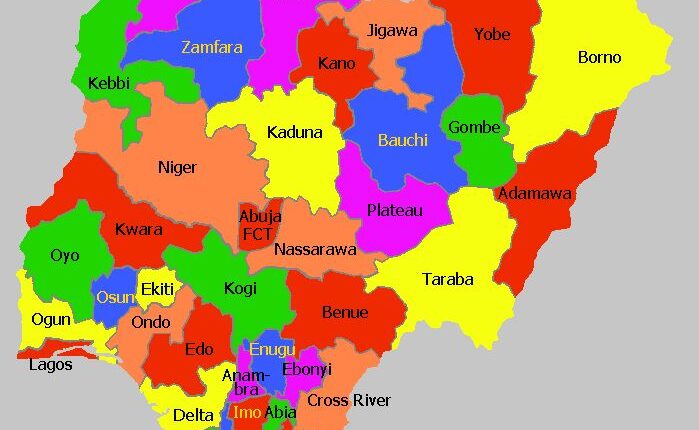Olule’s hypocrisy, from opposition rhetoric to authoritarian rule
|
Getting your Trinity Audio player ready...
|
By Sadiq Muhammed
When fate decides to expose a man, it often allows him to reveal his true nature to the world. Those who once paraded themselves as champions of democracy, human rights, and the rule of law have shown their hypocrisy through their actions. They claimed to have a superior understanding of governance and economic policies, yet they have only plunged the nation into deeper hardship.Former President Olusegun Obasanjo, despite his military background, demonstrated a stronger commitment to democratic principles than the so called democrats of today. His policies were scrutinized and criticized, yet the very individuals who attacked him have proven themselves incapable of better leadership.
A glaring example of their double standards is the issue of fuel subsidy removal. In 2012, when President Goodluck Jonathan attempted to remove the subsidy, Bola Ahmed Tinubu was one of the loudest critics. He described the move as anti-people, accusing Jonathan’s administration of financial recklessness and mismanagement. He insisted that removing the subsidy would deepen the suffering of Nigerians and that the government should first tackle corruption in the oil sector.
Yet, the moment Tinubu assumed power, he removed the same fuel subsidy on his very first day in office, citing the exact reasons Jonathan had given claiming subsidy payments were unsustainable and harmful to the economy. The same policy he once denounced as oppressive suddenly became an urgent reform under his leadership. Worse still, the government has failed to explain how the supposed savings from subsidy removal have been utilized. Instead of economic improvement, Nigerians have been hit with soaring inflation, skyrocketing fuel prices, and increased poverty. Now, in another act of hypocrisy, Tinubu’s administration is seeking to borrow $500 million allegedly to “boost the economy” that was supposed to improve after subsidy removal.
Beyond economic mismanagement, Tinubu’s government has also displayed an authoritarian tendency by harassing and intimidating dissenting voices. Journalists who expose government failures are targeted, arrested, or silenced. Media houses that dare to report critically are threatened with sanctions. Political opponents and activists are branded as enemies of the state simply for holding differing opinions. This administration, which once preached democracy and free speech, has now become the very thing it once condemned an oppressive regime that stifles criticism and suppresses opposition.
Tinubu’s governance is a perfect example of the hypocrisy of Nigerian politicians loud critics when out of power, yet enforcers of the same injustices once they ascend to leadership. His actions have only confirmed what many feared, that his rule would be marked by broken promises, economic hardship, and suppression of free speech.



Comments are closed, but trackbacks and pingbacks are open.